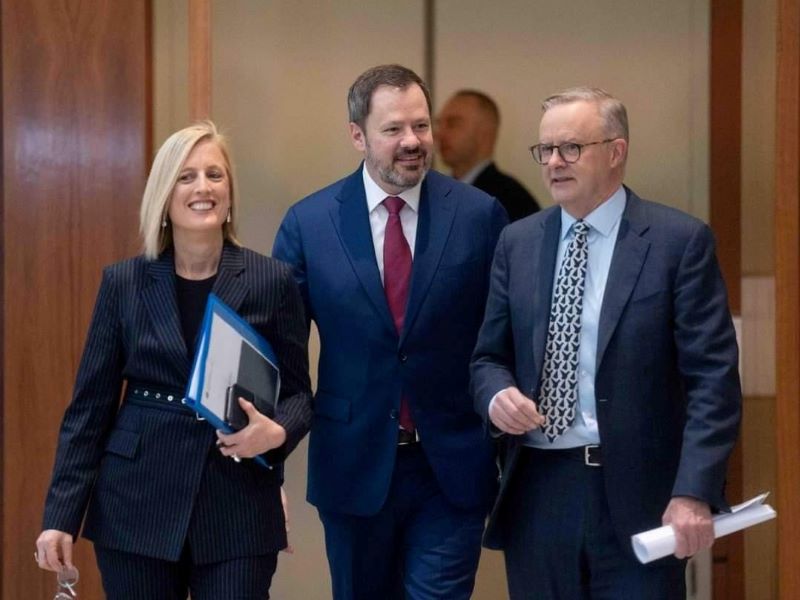A $390 million early-stage commercialisation initiative designed to ready homegrown SMEs and startups for future investment through the $15 billion National Reconstruction Fund has been widely praised by industry for addressing a missing link.
Treasurer Jim Chalmers handed down his second Budget on Tuesday night, revealing $392.4 million for a new Industry Growth Program that will provide advice and matched grant funding to startups and SME’s from $50,000 to $5 million.
Not to be confused with the not-for-profit Industry Growth Centres, funding for which expires at the end of this financial year, the program aims to expand the pipeline of investment-ready projects for the landmark National Reconstruction Fund (NRF) to consider.

In doing so, the program – which repurposes remaining funding for the former Coalition government’s Entrepreneurs Programme, a component of which was heavily criticised by the national auditor last year – addresses a residual concern with the NRF: early-stage funding.
Like the NRF, the program will be aligned to seven priority investment areas, namely: renewables and low emissions technologies; medical science; transport; value-add in the agriculture, forestry, and fisheries sectors; value-add in resources; defence capability; and enabling capabilities.
METS Ignited Industry Growth Centre chief Adrian Beer said the program will address the missing link between innovation and commercialisation by supporting ideas at the “most critical stage” and ensure “more Australian companies are ready to capitalise on the NRF”.
“For too long the Valley of Death has seen Australian innovation taken overseas. The National Reconstruction Fund is fundamental in transforming Australia’s economy to do more onshore,” he said.
Cicada Innovations chief executive Sally-Ann Williams shared the sentiment that the program could “help emerging deep tech companies bridge the valley of death on their pathway to scaling”, and provide a clearer pathway for deep tech businesses to start, grow, and scale”.
The Tech Council of Australia chief executive Kate Pounder said the program would “help spark early-stage commercialisation in strategic industries and grow Australian startups”, building on other Budget measures to “support our tech companies to commercialise and scale globally”.
University of Technology Sydney Emeritus Professor Roy Green described the program as a “modest but well considered recognition of the importance of continuing targeted grant funding to support business growth and technology development in Australia”.
“As always, we must await further detail on funding criteria, including the role of research and education institutions in helping to drive a collaborative approach to industrial transformation,” he said.
Science and Technology Australia president Professor Mark Hutchinson described the program as a “clever way to take more great Australian science and innovation from concept to capability”, with “strong potential to enable the best breakthroughs to scale up quickly”.
Australian Information Industry Association chief executive Simon Bush also welcomed the program, particularly the “increased grant allocation available to startups and SMEs of up to $5 million to boost commercialisation of critical tech startups in Australia”.
Do you know more? Contact James Riley via Email.

